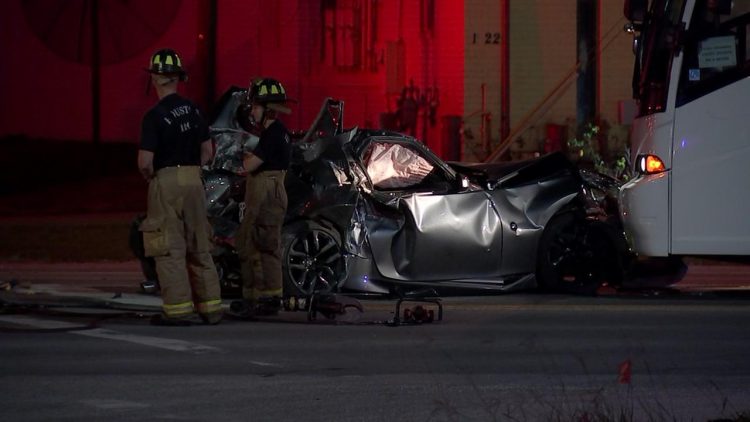Proposed Legislation Would Allow Blood Alcohol Evidence in Car Accident Cases
Nebraska Law Doesn’t Allow for Punitive Damages
Although my friend and colleague Danny Leavitt has argued otherwise, it is generally accepted that Nebraska law does not allow a plaintiff to recover punitive damages. That is, plaintiffs are not allowed to recover more than their actual damages – something other states, such as California, do allow.
What this means for car accident victims is that why an at-fault party caused an accident is not relevant. Defendants and their counsel know this and use it to their advantage. If a defendant admits that it was negligent and caused the accident, then facts surrounding why or how the defendant was negligent become irrelevant. As a result, Nebraska judges will generally keep out evidence showing that the at-fault driver was drunk, speeding, texting while driving, or any other reasons that the general public may find interesting.
This has long been a hot button issue for plaintiff’s attorneys, who rely on being able to tell a story to the jury to win their case. In fact, there have even been attempts to pass bills through the Unicameral that seek to change this rule.
Proposed Bill Would Allow for Blood Alcohol Evidence in Car Accident Cases
The most recent of such bills, LB 84, was introduced on January 5, 2017. The bill would amend current Nebraska law and specifically allow for evidence of a driver’s blood alcohol content to be admissible in a civil trial.
Specifically, the bill would amend Neb. Rev. Stat. 60-602 to read as follows:
Notwithstanding any admission of liability, fault, negligence, causation, or any element required to prove civil liability, evidence that any person who, while operating or in the actual physical control of a motor vehicle in violation of section 60-6,196 or 60-6,197, causes any damage, death, or injury as a result of such violation shall be admissible for any purpose in any civil action related to such damage, death, or injury.
The public policy behind keeping such evidence out is that, since Nebraska law doesn’t allow for recovery of punitive damages, the reason why someone caused a car accident doesn’t change how much damage was caused. Therefore, it is believed that this evidence would only serve to inflame the jury or cause emotional reactions – reactions which are likely to punish an at-fault driver who was drunk.
So what do you think? Should evidence showing why a driver was negligent be admissible in a civil trial when the defendant has already admitted liability?

